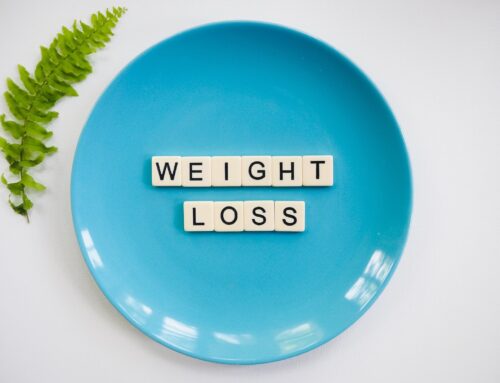1. Sleeping Less than 7 Hours per Night
There are several reasons why chronic sleep deprivation can lead to unwanted extra pounds. Here are just a few facts regarding lack of sleep that were published in the “Annals of Internal Medicine” .
* One single night of missed sleep slows metabolism and energy expenditure by 5% – 20%.
* Sleep loss can cause higher levels of the appetite stimulating hormone grehlin and significantly lower levels of leptin which contributes to satiety.
* Cortisol levels were higher as were blood sugar levels in the morning after a sleepless night.
Getting enough shut eye is a critical component in any weight loss program. Not only can it offset some of these built in survival mechanisms, but a well rested body has more energy to exercise and make wise food choices. Aim for 7 to 8 hours per night.
2. Decrease in Physical Activity
As a general rule, we tend to move less and also less intensely as we age. The result is not only an inefficient calorie burning body but a reduction in lean muscle mass. With the reduced muscle mass comes a sluggish metabolism and a loss in nature’s own fat burning tissue. You may not ever reclaim the physical activity level or workout regimen you had as a youngster but you can find creative ways to interject physical activity throughout your day. Even a 5 or 10 minute micro-workout can make a big difference if you are able to do several of them intermittently. Doing three 10 minute workouts burns the same number of calories as one continuous 30 minute session. Be intentional about moving regularly and if you must, set an alarm on your watch or computer to let you know it’s time to get up and move.
3. Eating Too Many High Glycemic Foods
A study published in the “American Journal of Clinical Nutrition” reports that a High Glycemic Index (GI) diet affects appetite and nutrient breakdown in such a way as to promote fat storage. Conversely, a low GI diet appeared to promote weight loss. The faster the blood sugar rises the greater the increase in insulin and thus glucose storage in the form of glycogen. Once the storage capacity is reached, the excess sugars must be stored as fat in the form of triglycerides. So just to recap, insulin’s job is to increase the storage of fat in fat cells and prevent cells from releasing fat for energy. To minimize this effect, aim for foods on the lower end of the glycemic load (GL) scale which gives a more accurate reflection of how a typical serving size may influence blood sugar levels. For more information on glycemic load (GL) check out the link.
http://www.lowglycemicload.com/glycemic_table.html
Note the difference between watermelon’s glycemic index vs. glycemic load.
4. Declining Hormone Levels
There are several hormones which can influence fat metabolism and weight gain. Some of the hormones that may be responsible are; corticosteroids and DHEA, growth hormone, thyroid hormone, insulin, and the sex hormones estrogen, testosterone and progesterone. There is a delicate harmonious balance that is required in order for the body to function at optimal and have adequate energy levels. When just one hormone goes above or below the normal ranges, havoc is unleashed in the body. Some of the factors affecting this balance are; stress, poor diet, lack of sleep, certain medications, age and even underlying diseases. If you suspect that something unusual is to blame for the extra weight you’ve picked up it is recommended that you check with your primary care physician or an endocrinologist to rule out any underlying disorder that may be contributing to unintentional weight gain.
5. Certain Medications
It is true that certain medications have the unfortunate side effect of causing weight gain. The short list is as follows; anti-diabetic medications, blood pressure lowering medications, anti-inflammatories, antidepressants, injectable contraceptives and antipsychotic medications. The mechanisms for how they affect weight gain differ. Some medications increase appetite, cause fluid retention, and others reduce the metabolic rate or slow the absorption of nutrients. The bottom line is to discuss these issues with your pharmacist or physician. There may be alternatives that have less side effects but never cease taking your medication without consulting with a professional first.




